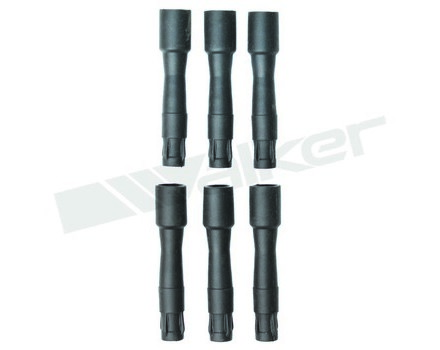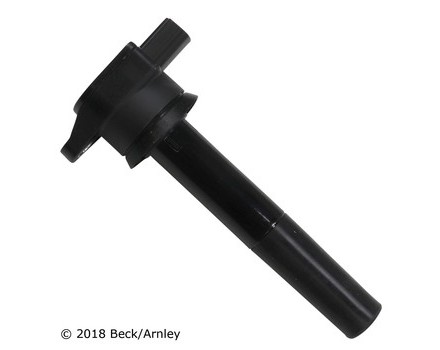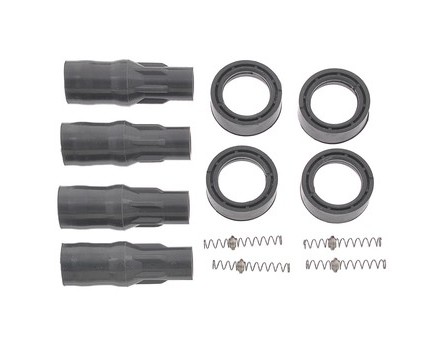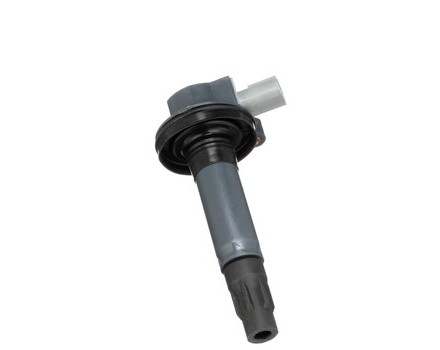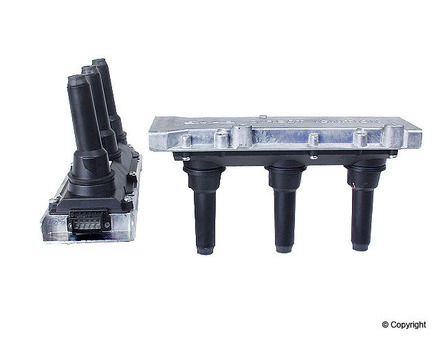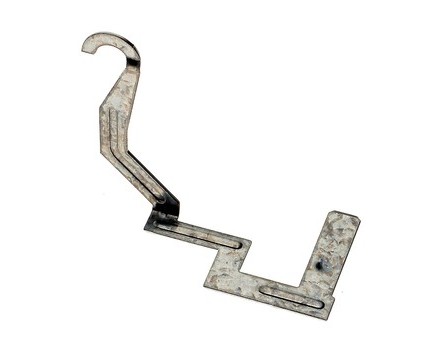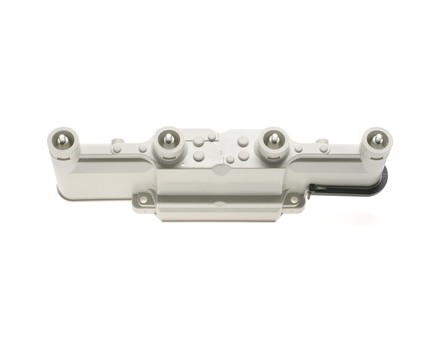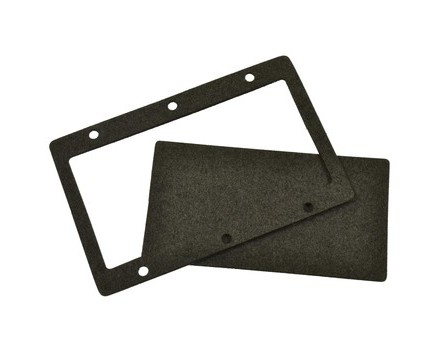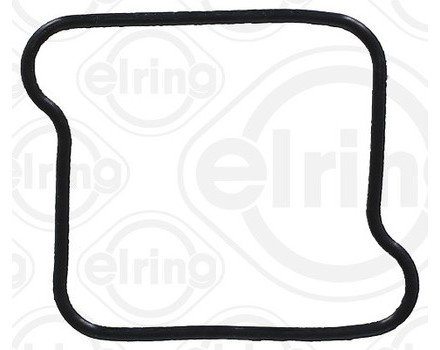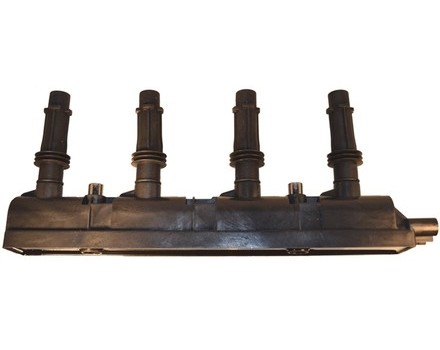Ignition Coil
Filter Options
Important: To get started, click the blue "Filter Options" button to select your vehicle and then use the filters to narrow your options.
Important: To get started, select your vehicle on the left and then use the filters to narrow your options.
What is an Ignition Coil?
An Ignition Coil is an electrical device that is part of an engine’s ignition system. It’s primary purpose is to convert a low voltage from the car’s battery into a much higher voltage, which can create a spark to ignite the air/fuel mixture in the engine’s cylinders.
How do I know if my Ignition Coil is faulty?
You can determine if your Ignition Coil is faulty by looking for common signs of failure. These signs can include: misfiring, jerking engine, loss of power, or failing to start. You can also check for diagnostic trouble codes (DTCs) with an OBD-II scanner or a multimeter.
Can a faulty Ignition Coil cause damage?
Yes, a faulty Ignition Coil can cause damage to the other components of the ignition system. It can also cause damage to the engine itself if the misfires are severe and prolonged.
How do I replace an Ignition Coil?
To replace an Ignition Coil, you should first disconnect the battery and then proceed with the following steps:
- Remove the spark plug wires connected to the Ignition Coil
- Unscrew the mounting bolts and disconnect the Ignition Coil wiring harness
- Remove the old Ignition Coil and install the new one
- Reattach the Ignition Coil wiring harness and the spark plug wires
- Reconnect the battery and test the new Ignition Coil
How often should I inspect my Ignition Coil?
It is recommended that you inspect your Ignition Coil regularly, ideally every 12,000-15,000 miles. This will help ensure that the Ignition Coil is functioning properly and prevent any potential damage or malfunctions.
